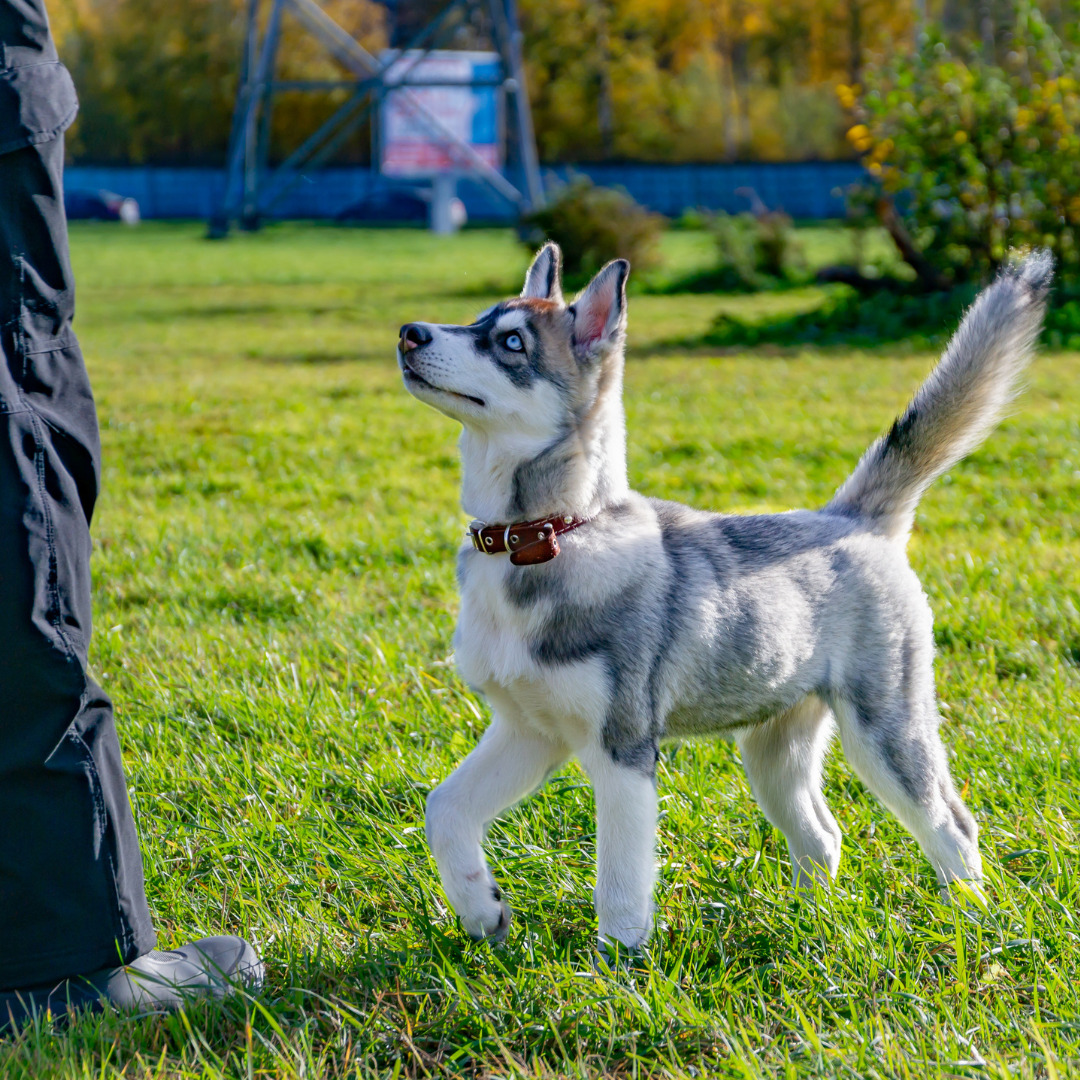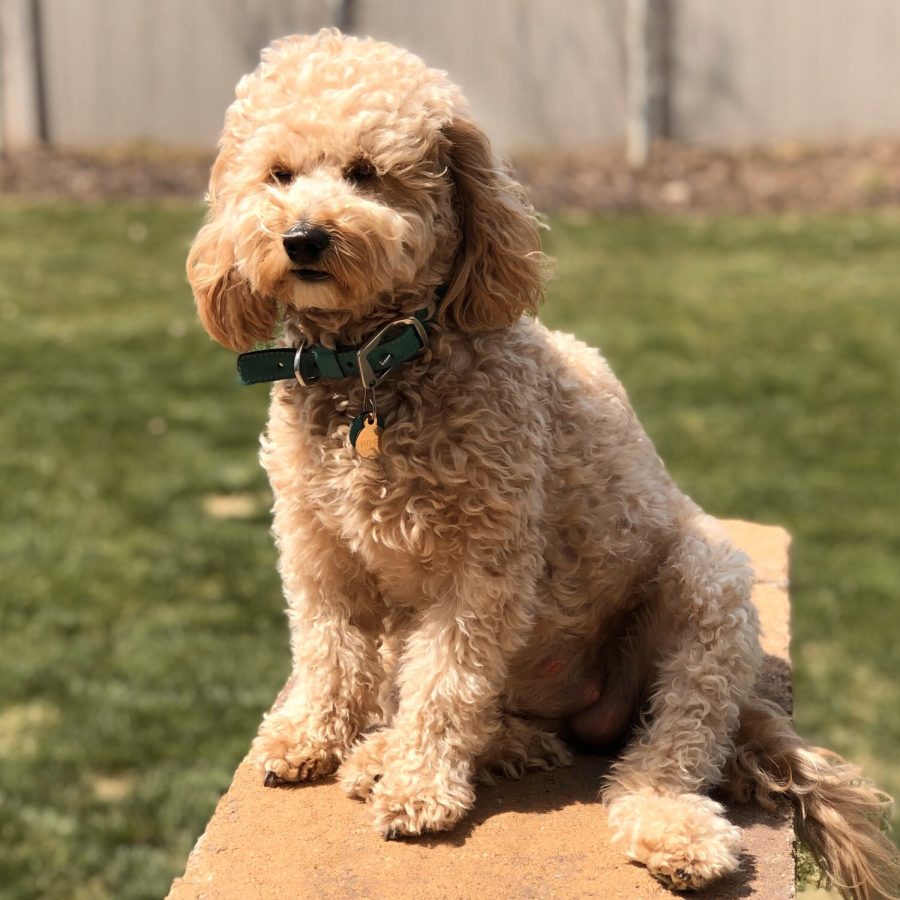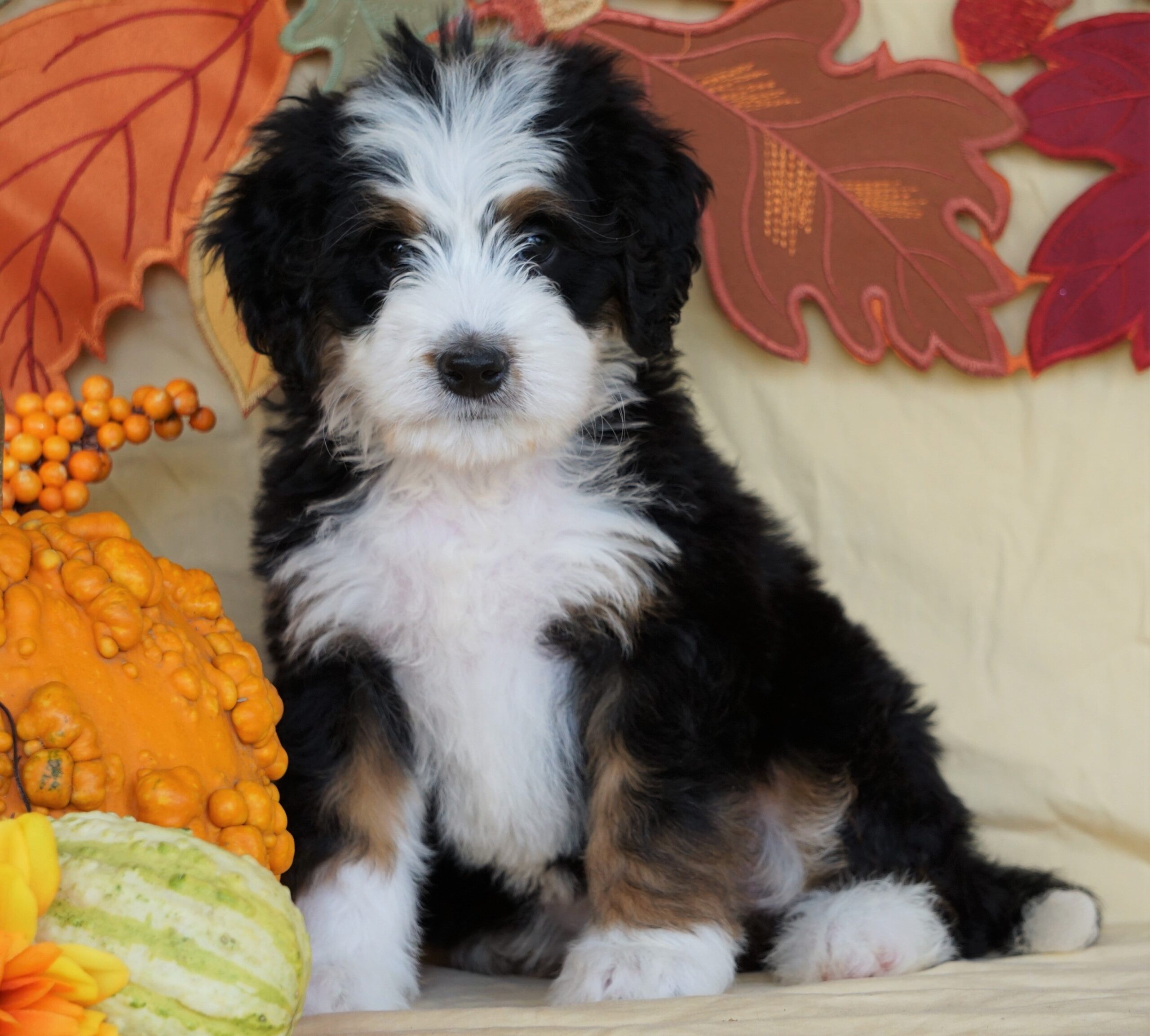Chiweenies are a charming blend of Chihuahua and Dachshund, embodying loyalty and playfulness. Their small size and adaptable nature make them perfect companions for various living settings. With long bodies, short legs, and colorful coats, these dogs weigh up to 12 lbs and stand at 10 inches. Chiweenies require patient training and socialization to manage their yappiness. Originating in the U.S. in the 1990s, this intentional crossbreed became popular due to its compact size and sociable demeanor. Keep exploring to discover more about Chiweenie care, exercise, grooming, and common health issues.
Breed Overview
In considering the breed overview of Chiweenies, one finds a fascinating blend of Chihuahua and Dachshund characteristics that define their unique appeal. The Chiweenie is a purposeful crossbreed that emerged in the 1990s, specifically designed to combine the traits of the Chihuahua and the Dachshund.
This small designer dog has gained popularity, particularly suited for apartment and city living due to its size and adaptable nature. Also known as Chaweenie, Chiwinnie, Chiweene, or Chawinie, these dogs inherit qualities from both parent breeds.
Chihuahuas, originating from Mexico, are known as companion dogs with a lifespan of up to 15+ years, while Dachshunds, originating from Germany, are working dogs prone to separation anxiety. The Chiweenie’s unique mix brings together the loyalty and charm of the Chihuahua with the playfulness and distinctive body shape of the Dachshund, creating a delightful companion with a captivating blend of characteristics.
Characteristics of the Chiweenie
Considering the breed overview of Chiweenies, the distinctive characteristics of this purposeful crossbreed, blending Chihuahua and Dachshund traits, exemplify their unique charm and appeal.
Chiweenies typically have long, muscular bodies, short legs, and long ears, combining the physical traits of both parent breeds. Their coat variations range from short, long, smooth, to wire-haired, with colors spanning from white to black. Chiweenies generally weigh no more than 12 lbs and stand at a shoulder height of up to 10 inches.
In terms of temperament, these dogs are known to be sweet, loyal companions who often form a close bond with one person. While they may exhibit some yappiness and naughtiness, Chiweenies are trainable with a focus on consistency and socialization.
Their playful and affectionate nature, coupled with their small size and adaptability, make them well-suited for various living environments, including apartments and city dwellings.
History of the Chiweenie
The historical roots of the Chiweenie breed trace back to the deliberate crossbreeding of Chihuahuas and Dachshunds, resulting in a unique and beloved canine companion. This intentional mixing of breeds aimed to combine the desirable traits of both parent breeds, creating a small-sized, energetic, and affectionate hybrid dog that has gained popularity for its charming characteristics.
To highlight the key points regarding the history of the Chiweenie breed, the following table summarizes the significant aspects:
| Aspect | Description |
|---|---|
| Origin | United States in the early 1990s |
| Purpose | To create a compact and sociable companion |
| Popularity | Increased due to urban living trends |
| Famous Owners | Notable individuals attracted to this designer breed |
The deliberate breeding of Chihuahuas and Dachshunds led to the creation of the Chiweenie, a breed that embodies the best qualities of its parent breeds and has become a cherished pet for many households.
Chiweenie Care
Key aspects of caring for a Chiweenie include regular grooming, patient education, and consistent playtime and training. Chiweenies require regular grooming to prevent coat knotting and ensure their comfort. Their short coat makes grooming relatively easy compared to larger breeds.
Patience, care, and education are essential for Chiweenie owners to understand and meet their pet’s needs effectively. Consistent playtime and training sessions are crucial to keep Chiweenies mentally stimulated and physically active. These activities help prevent behavior issues and strengthen the bond between the dog and its owner.
Additionally, providing proper nutrition is vital for Chiweenies due to their small size and energy levels. Feeding them two to three times a day with appropriate portion sizes helps maintain their health and wellbeing. Avoiding overfeeding is important to prevent obesity-related health issues.
Exercise
For optimal health and overall well-being, regular physical activity plays a vital role in the care of Chiweenies. These small dogs have moderate exercise needs that can be easily met with daily walks, playtime, and interactive toys. Engaging in activities that stimulate their mind and body is essential to prevent boredom and maintain a healthy weight.
| Exercise Needs | Description |
|---|---|
| Daily Walks | Chiweenies benefit from short daily walks to stay active and mentally stimulated. |
| Playtime | Interactive play sessions help fulfill their exercise requirements and strengthen the bond with their owners. |
| Puzzle Toys | Using puzzle toys can provide mental stimulation and keep them entertained. |
| Indoor Activities | Engaging in indoor activities like hide-and-seek or obstacle courses can be beneficial during unfavorable weather. |
| Socialization | Regular socialization with other dogs ensures they remain well-rounded and happy companions. |
Grooming
Regular grooming practices are essential to maintain the Chiweenie’s coat health and overall appearance. Chiweenies have varying coat types, including smooth, wiry, or long-haired, which require different grooming techniques. For smooth-coated Chiweenies, weekly brushing with a soft-bristle brush helps remove loose hair and prevent matting. Wiry-coated Chiweenies benefit from occasional hand-stripping to remove dead hair and maintain coat texture. Long-haired Chiweenies need daily brushing to prevent tangles and mats, focusing on areas like behind the ears and under the legs.
In addition to brushing, regular baths using a mild dog shampoo keep the Chiweenie’s coat clean and healthy. It’s important to trim their nails every 2-3 weeks to prevent overgrowth and discomfort. Routine dental care, such as brushing their teeth or providing dental chews, helps maintain good oral hygiene and prevent dental issues. Lastly, checking and cleaning their ears regularly can prevent ear infections and ensure overall well-being. By incorporating these grooming practices into your Chiweenie’s routine, you can keep them looking and feeling their best.
Training
Moving from the discussion on grooming practices, an integral aspect of caring for a Chiweenie involves focusing on their training. Chiweenies are known for their playful and affectionate nature, making them trainable and suitable companions for adults and families.
Training sessions should prioritize establishing clear boundaries, basic obedience commands, and addressing barking tendencies, which are common in this breed. Due to their small size, Chiweenies can adapt well to apartment living, but training is crucial to manage their behavior both indoors and outdoors. Novice dog owners may find Chiweenies particularly responsive to training, but consistency, patience, and love are key for a rewarding relationship.
Understanding the sensitivity level of individual Chiweenies is important as it affects their response to training methods. By focusing on training from an early stage, Chiweenie owners can ensure a well-behaved and happy companion.
Common Health Problems
An essential aspect of caring for Chiweenies involves understanding and addressing common health problems that this breed may be predisposed to. While Chiweenies are generally healthy dogs, they are prone to certain medical conditions that owners should be aware of.
One common health issue in Chiweenies is low blood sugar, which can lead to weakness, seizures, and lethargy if not managed properly. Additionally, diabetes is a condition that can affect Chiweenies, requiring careful monitoring of their diet and blood sugar levels. Another prevalent health concern in this breed is disk degeneration, which can cause back pain and mobility issues.
Dental problems are also common in Chiweenies, emphasizing the importance of dental care in their overall health maintenance. With an average lifespan of 12 to 16 years, regular veterinary check-ups, proper nutrition, and adequate exercise can help prolong the health and longevity of Chiweenies.
Diet and Nutrition
When considering the diet and nutrition of Chiweenies, it is essential to prioritize their specific dietary needs based on their small size and energetic nature. Due to their petite stature and high activity levels, Chiweenies require a well-balanced diet rich in nutrients to support their energy requirements.
Feeding them high-quality dog food formulated for small breeds is recommended to ensure they receive adequate nutrition without overeating. It is crucial to pay attention to portion control to prevent obesity, which can lead to health issues common in small dogs.
Chiweenies should be fed small, frequent meals throughout the day to maintain stable energy levels and prevent blood sugar spikes. Additionally, providing them with treats should be done in moderation to avoid excessive calorie intake. Fresh water should always be available to keep them hydrated, especially after physical activities.
Consulting with a veterinarian to determine the best diet plan for your Chiweenie is advisable to ensure their overall health and well-being.
Conclusion
In conclusion, the Chiweenie is a unique and popular breed that combines the traits of Chihuahuas and Dachshunds. With their long bodies, short legs, and various coat variations, Chiweenies make excellent companions for apartment and city living.
Their sweet and loyal temperament, compatibility with other dogs and children, and moderate exercise needs make them an appealing choice for individuals and families seeking a social and outgoing canine companion.
Proper socialization, exercise, grooming, and healthcare are essential for ensuring the well-being of Chiweenies.




